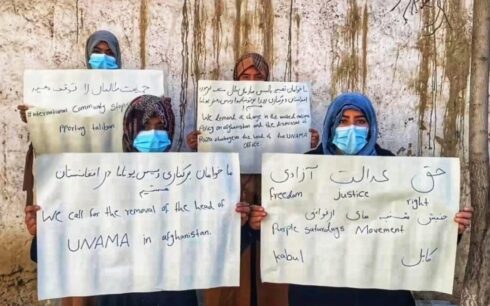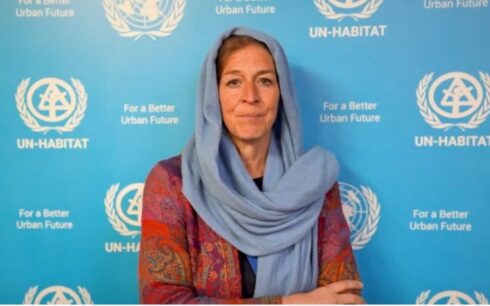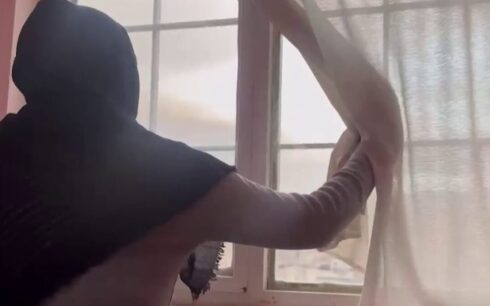In Kabul, a young woman has come forward with a harrowing account of domestic violence, claiming her husband threw her from the fourth floor of their home, resulting in severe injuries.
Saamea, 21, has been confined to bed for over three months, nursing injuries that include fractures to her skull, arms, and legs, along with facial scars she describes as the tangible evidence of her ordeal. Now, she is calling for justice.
Describing the incident, Saamea recounted a day of violence that culminated in her being thrown from the building while unconscious.
“I was washing my face when he grabbed me by the neck, dragged me to the corridor, and beat me,” she said. According to Saamea, her husband then escalated the assault with a power cable in the presence of his mother and brother, who did not intervene. “The cable even broke during the beating. Then he fetched a knife from the kitchen. That’s when I lost consciousness and don’t recall anything further, but I was later informed I had been thrown from the fourth floor,” she detailed.
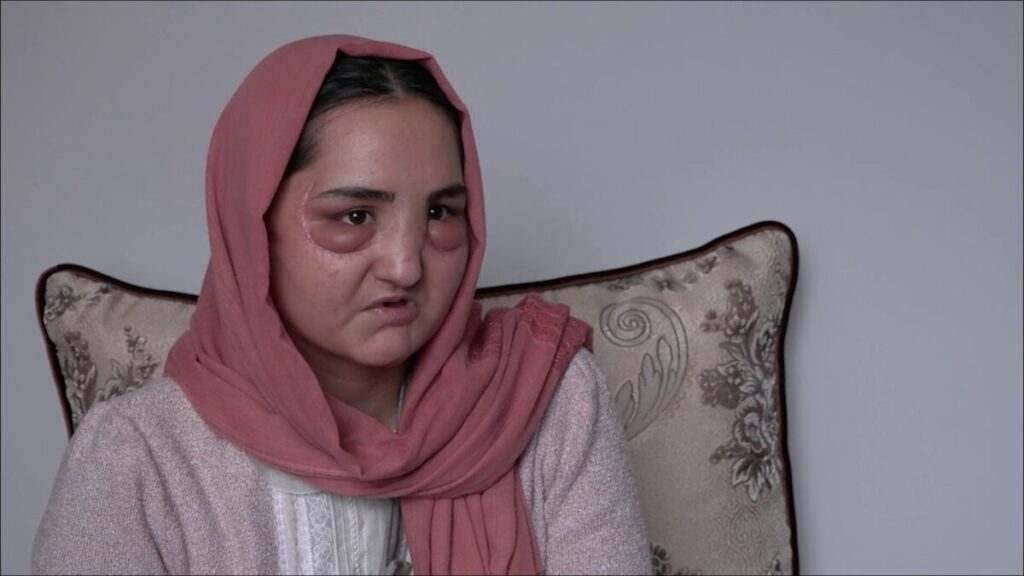
Saamea’s injuries were extensive. “I spent time in the emergency ward. My chin and cheeks were broken, and six of my teeth,” she added.
Following the incident, Saamea stated her husband’s family took their six-month-old child from her and refused to cover the medical expenses, which amounted to 1.7 million Afghanis (approximately $23,500). Instead, they offered to return the child as a trade-off for the medical costs and proceeded with a divorce.
“They were unwilling to pay for my treatment, suggesting they could not afford it but would return my child instead. They effectively sold my own child back to me,” Saamea expressed, revealing the depths of her plight.
Despite repeated appeals to the Taliban’s judicial institutions, Saamea’s pleas for justice have gone unanswered. “The government isn’t one that can provide justice, especially for women. They disregard us. I expect nothing from them; they’ve denied me my rights,” she lamented.
Saamea’s mother described her daughter’s situation as “terrible” and “sad,” noting the profound impact on the family, including Saamea’s father, who has been left speechless by the trauma.
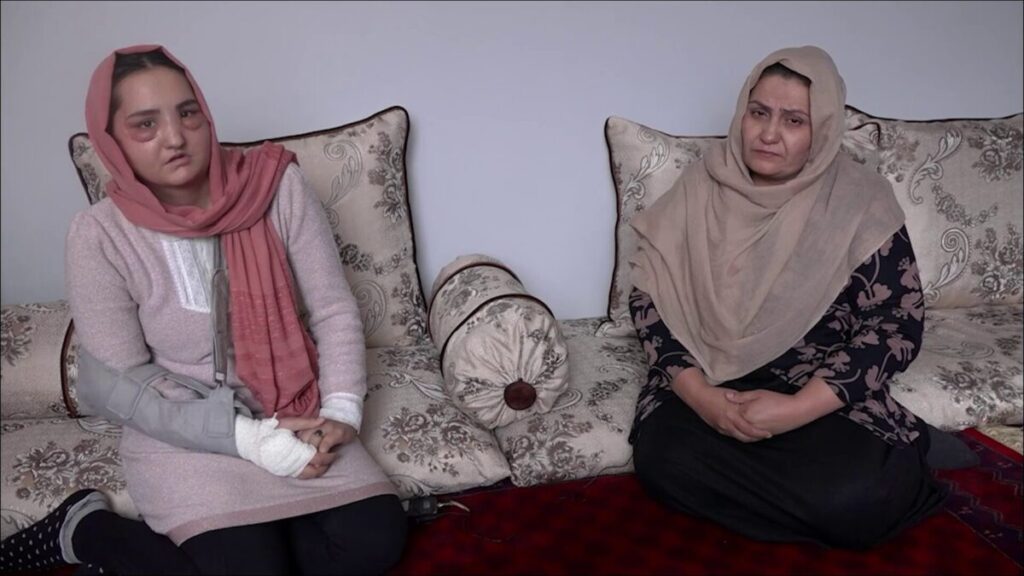
Recounting her own disbelief upon seeing Saamea after the incident, her mother said, “He used to beat her severely. She would send me photos showing her injuries. When I saw her in the emergency hospital, I barely recognized her.”
Saamea’s father, Hidayatullah, echoed the sentiment, visibly emotional as he spoke of the family’s decision to accept the return of Saamea’s child and some personal belongings. “Every night of those fifteen months was like death,” he said, reflecting on the duration of Saamea’s marriage.
Efforts to reach Saamea’s husband for comment were unsuccessful.
This incident underscores a broader issue of increased violence and forced marriages amid the Taliban’s restrictive measures against women, including educational bans — a situation highlighted by international bodies like the United Nations.


